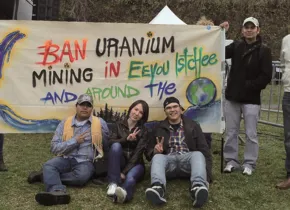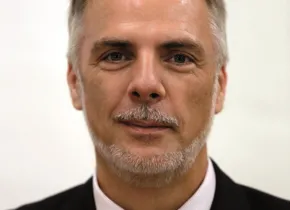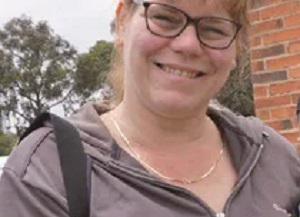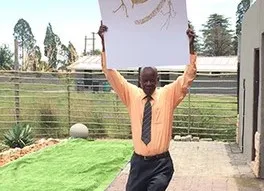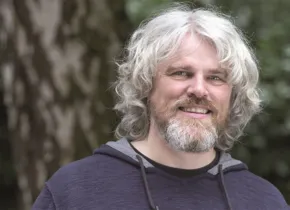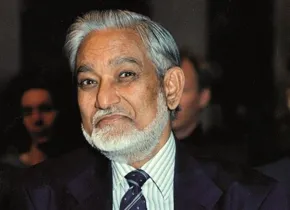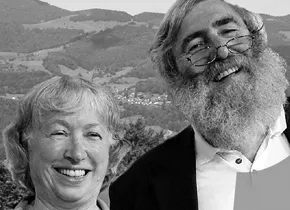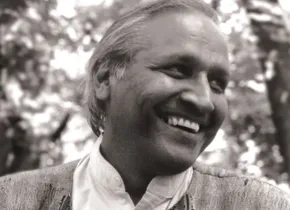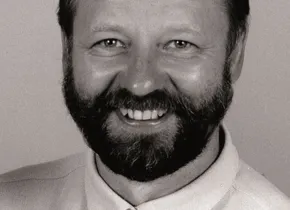Posts by jan
Cree Youth of Mistissini, Canada
Categories: Lifetime Achievement and Special Recognition – 2015
In 2009, the Canadian company Strateco Inc. scoured the area between Chibougamou and Mistissini for uranium and began test drilling. The young Cree Shawn Iserhoff, Justice Debassige, Desmond Michel, Kayleigh Spencer, Catherine Quinn are Cree. In 2012, they marched from Mistissini to Quebec City and Montreal, almost 900 kilometers. “Together Against Uranium” was on their banner.
Alexander Kmentt, Austria
Categories: Lifetime Achievement and Special Recognition – 2015
Ambassador Alexander Kmentt, born in 1965, Head of the Department for Disarmament, Arms Control and Nonproliferation in the Austrian Foreign Ministry, has become one of the most effective advocates for a nuclear-free world worldwide. In December 2014 the U.S. Arms Control Association elected him “Arms Control Person of the Year”. Since then he has been fighting against the nuclear death threat.
Susi Snyder and ICAN
Categories: Lifetime Achievement and Special Recognition – 2016
As a member of ICAN, the Campaign for the Abolition of Nuclear Weapons, Susi Snyder organizes the campaign “Don’t Bank on the Bomb”, loosely translated: “Stop financing nuclear weapons manufacturers”. The idea is as simple as it is brilliant: From now on, anyone who is in favour of total nuclear disarmament will no longer do business with banks that make nuclear deals. No accounts, no loans, nothing.
Alfred Manyanyata Sepepe, South Africa
Categories: Lifetime Achievement and Special Recognition – 2016
Alfred Sepepe became the beacon of hope for all those who have suffered health problems as a result of South Africa’s nuclear industry. Together with the NGO “Earthlife Africa Johannesburg” he persuaded many of the 500 ex-pelindaba workers with suspicious symptoms to have themselves examined. He formulated requests, repeatedly alarmed the public and resisted attempts at bribery. For this he received a “special recognition”.
Jochen Stay, Germany
Categories: Lifetime Achievement and Special Recognition – 2017
Jochen Stay has been fighting against uranium dangers for over 30 years with his “x-tausendfach quer” campaign. X-tausendfach quer was and is the name of the most long-lasting seat-blockade campaign of the anti-nuclear movement. “.ausgestrahlt” – another Stay foundation that has been in existence since 2008 – is now used by hundreds of thousands who want to find out where, who, how to protest against nuclear energy. The “Special Recognition” received for its commitment.
The Dedicated of Switzerland’s Anti-Nuke Movement, Switzerland
Categories: Lifetime Achievement and Special Recognition – 2017
The term ” The Dedicated of Switzerland’s Anti-Nuke Movement” unites all the tireless people who have been fighting against nuclear power for decades: 15 initiatives from three language regions (representative: Marcos Buser, Dani Costantino, Michel Fernex, Mira Frauenfelder, Iris Frei, Stefan Füglister, Eva Geel, Niculin Gianotti, Heini Glauser, Jürg Joss, Roland Meyer, Ursula Nakamura, Stefan Ograbek, Georg Pankow, Heidi Portmann, Anne-Cécile Reimann, Philippe de Rougemont, Leo Scherer, Egon Schneebeli, Peter Scholer, Martin Walter, Walter Wildi; posthumously Jürg Aerni and Chaim Nissim). They received the “Special Recognition” for their decades of commitment.
Harendra Nath Sharan, India
Category Solution – 1998
The Indian Dr. Harendra Nath Sharan proves with the biogas plant developed by Sharans Engineering Ltd. in Winterthur for Indian conditions that “adapted technology” is also possible for Switzerland and Central Europe. Technology transfer from south to north. It proves how basic energy supply for a rural population can be ensured with few resources.
Ursula and Michael Sladek / EWS, Germany
Category Solution – 1999
For the physician Michael Sladek and his wife Ursula, it was a question of medical ethics after Chernobyl to be committed against nuclear power. After sometimes bitter discussions in the municipal council and after two citizens’ decisions had been won, the electricity network concession was awarded to the Elektrizitätswerk Schönau (Schönau electricity plant), which had been founded for this purpose. And this produces sustainable and diverse electricity from renewable energies.
Barefoot College of Tilonia, India
Category Solution – 2000
The founders of Barefoot College in the remote desert village of Tilonia (Rajasthan) had one of these rare ideas in 1971, which proved to be sustainable – even under extreme stress. The pioneers said to themselves in the style of Mahatma Gandhi: “Simple people can do it! And they set out to assemble and repair over 1000 solar modules themselves in the dusty outskirts of the Thar Desert.
Hans-Josef Fell, Germany
Category Solution – 2001
In addition to playing a decisive role in shaping the German “Law on the Priority of Renewable Energies”, which came into force on 1.4.2000 and caused a worldwide echo, Fell has helped to implement various support programmes for renewable energies, e.g. the market incentive programme for renewable energies and the tractor conversion programme from diesel to natural vegetable oils.
